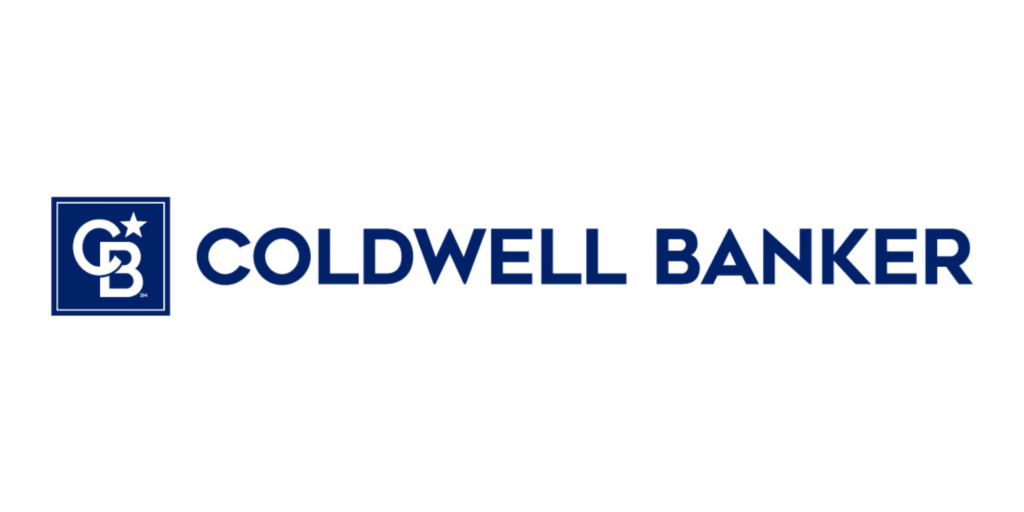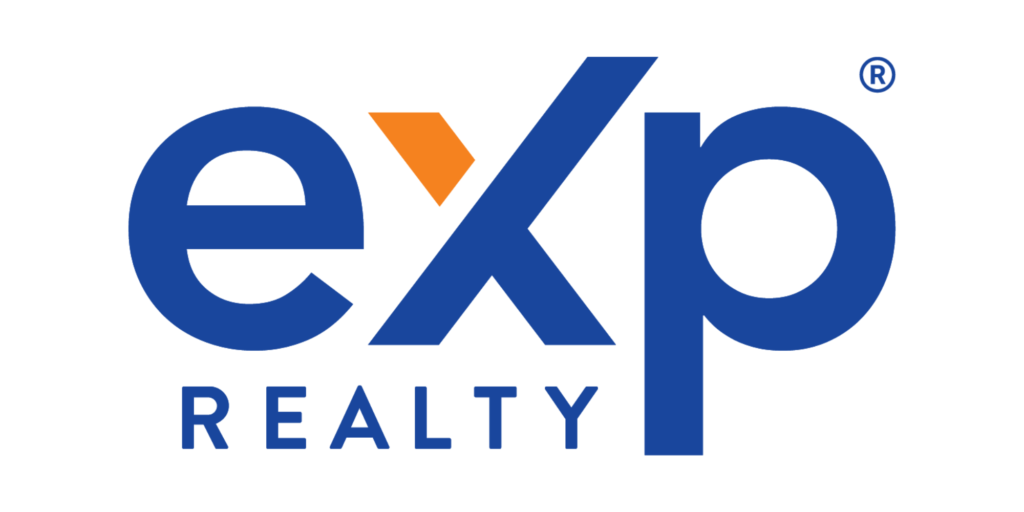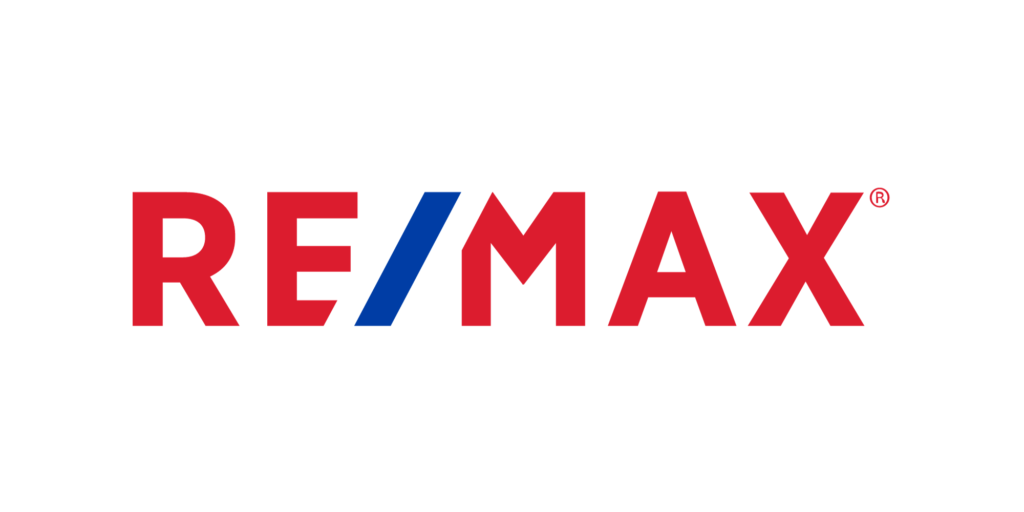Stewart Brown Jr – Mortgage Loan Originator – Purchase or Refinance
Realtors
Realtors
Realtors
Every Real Estate Agent needs a solid lender relationship in order to support their clients financing requirements.

Here are some of the brokerages I work with as a lending resource. As your dedicated mortgage specialist I’m here to provide a superior level of service to you and your clients.
Here are some of the brokerages I work with as a lending resource. As your dedicated mortgage specialist I’m here to provide a superior level of service to you and your clients.









By using a trusted lender who can help you access numerous sources of financing for your investment properties, you get one step closer to financial freedom. In addition, borrowing funds to acquire real estate helps you leverage your investment and magnify your returns. Below I’ve addressed some of the most common questions and concerns both novice and experienced investors have asked. Reach out to me for additional questions or a complimentary analysis of your investment plan.
By using a trusted lender who can help you access numerous sources of financing for your investment properties, you get one step closer to financial freedom. In addition, borrowing funds to acquire real estate helps you leverage your investment and magnify your returns. Below I’ve addressed some of the most common questions and concerns both novice and experienced investors have asked. Reach out to me for additional questions or a complimentary analysis of your investment plan.


